Alexander Storm Howe '10
Investor and consultant focused on East Africa’s economic future.
Photo: Caitlin Cunningham
BOOKS
The Grant Writing Guide
How to get funded.
Years ago, when Betty Lai was two weeks into her very first job as an assistant professor, she got some advice that stuck with her. “I met with an administrator who said, ‘If you want to get promoted, you need to get a federal grant,’” Lai recalled. “So I knew immediately that this was a skill I needed to learn, but I did not know how to write grants or even where to find information about how.”
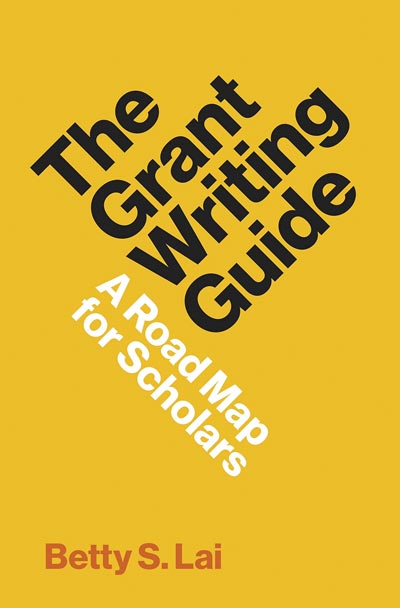
Now an associate professor in the Lynch School of Education and Human Development, Lai is trying to help aspiring academics navigate those same waters with her new book, The Grant Writing Guide: A Road Map for Scholars. For the book, Lai interviewed one hundred experts about the grant writing process, including scholars, program officers, and research administrators.
So what are her biggest pieces of advice? First, once you’ve settled on the work you hope to do, identify a funder who’s interested in the same thing. “Funders aren’t just looking for great ideas,” Lai said. “They’re looking for great ideas that further their mission.” Next, identify organizations that have previously offered grants to researchers doing work similar to yours. Her most important piece of advice might sound simple, but it’s crucial: Just submit the application. It’s surprising, she said, how many grant seekers don’t take that most basic step because they’re put off by the daunting odds of actually securing funding.
Lai hopes her research is helpful to all researchers, but she’s especially motivated to help those from diverse backgrounds. To her, it’s an issue of social justice, since white researchers continue to be more likely to receive funding than those from other racial groups. “Grants drive research,” she said, “but they also drive policy. So disparities really matter.” 

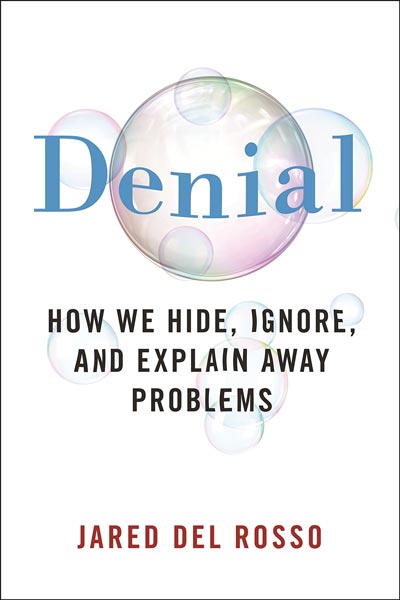
Denial: How We Hide, Ignore, and Explain Away Problems
by Jared Del Rosso MCGS ’12
Del Rosso, an associate professor of sociology and criminology at the University of Denver, explores how denial influences people’s behavior, from handling awkward social interactions to responding to major societal issues. Drawing from examples such as the refusal to accept the existence of climate change or systemic racism in America, Del Rosso explores the profound impact of living in a culture that lacks accountability.
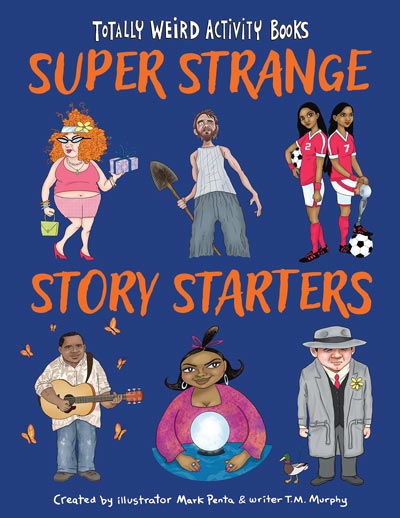
Super Strange Story Starters
by T.M. Murphy ’93
A former English professor at the Woods College, Murphy and his childhood friend, illustrator Mark Penta, challenge young readers to push the limits of their creativity in this collection of open-ended stories that allow kids to write or draw their own endings. The book is the first volume in a series called Totally Weird Activity Books.

When the House Burns
by Priscilla Paton, Ph.D. ’79
Romance, social commentary, and murder mix to form the backdrop of this whodunit, the fourth novel in Paton’s Twin Cities Mystery series. This time around, detectives Erik Jansson and Deb Metzger seek the perpetrators behind a deadly arson and the mysterious death of an adulterous real estate agent who had both a stalker and an estranged husband when she met her untimely end.
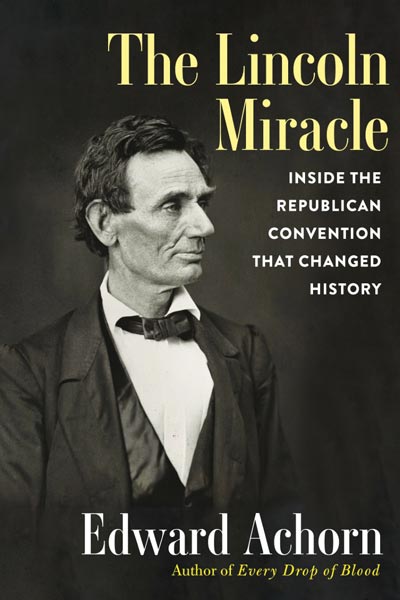
The Lincoln Miracle: Inside the Republican Convention that Changed History
by Edward Achorn ’79
Achorn’s latest is a look at Abraham Lincoln’s journey from political failure to swiping the 1860 Republican nomination from frontrunner William Seward. Achorn takes readers along as Lincoln carefully navigates the era’s antagonistic political culture, and ultimately secures the victory that sets him on the path to the White House.

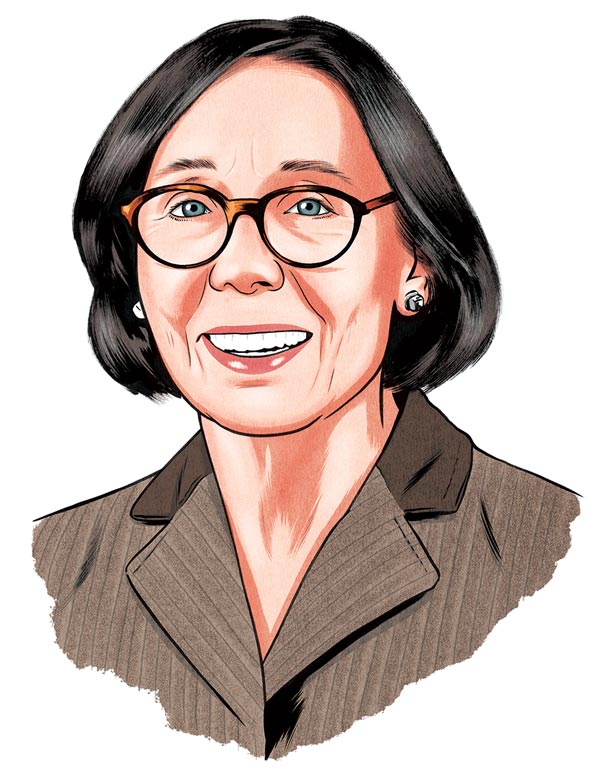
Illustration: Joel Kimmel
Culture: The Story of Us, from Cave Art to K-Pop
by Martin Puchner
This stimulating text argues that every culture is an amalgam, enriched by adopting and reinterpreting artifacts and ideas from outside. “We’re all latecomers,” Puchner writes; what matters is “not what we borrow but how we borrow, what we make of what we find.” Through an array of case studies, he insists that the arts and humanities can only thrive if we communicate the significance and excitement of cultural diversity to the next generation.
—Margaret Thomas, program in linguistics, department of Eastern, Slavic, and German Studies